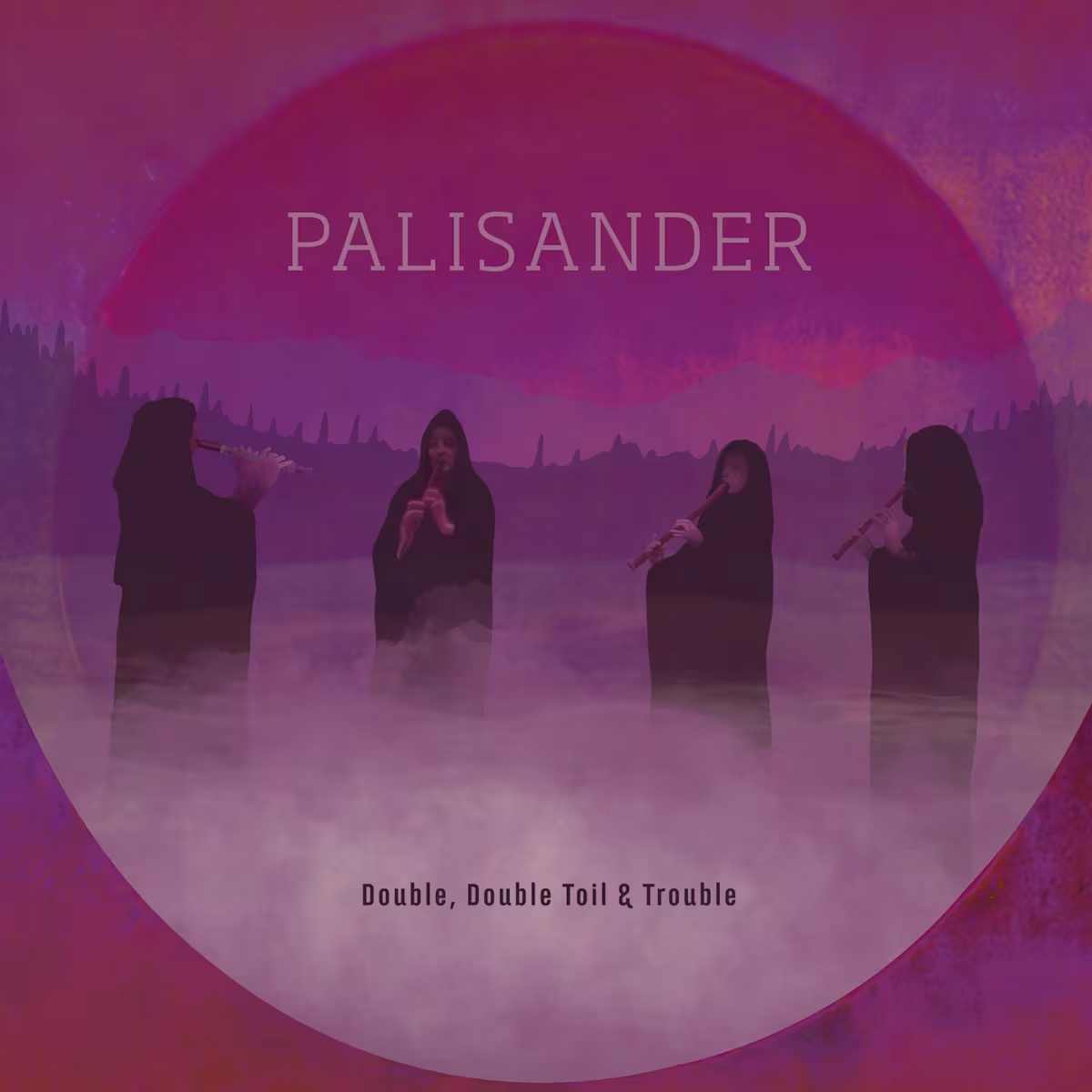Recording
Johann Ludwig Krebs: Keyboard Works
Steven Devine, harpsichord
Share this

FIRST PUBLISHED 07 OCT 2024
Steven Devine is an exceptional early keyboard player and an influential figure in the period performance scene. He successfully combines a career as a conductor and director of orchestral, choral, and opera repertoire with that of a solo harpsichordist and fortepianist. He is also a dedicated and prolific recording artist.
In 2021, Devine began a complete survey of Johann Ludwig Krebs’ significant contribution to the keyboard genre, showcasing the range of Krebs’ musical language and making a number of world premiere recordings. He plays throughout on a double-manual harpsichord by Colin Booth after a single-manual by Johann Christof Fleischer (Hamburg, 1710).
Steven Devine’s playing is impressive, his gentle rhetorical approach to the music revealing inner beauties within the notes. A fine example of playing the music, rather than the notes. (Andrew Benson-Wilson, Early Music review)
Krebs was born near Weimar in October 1713. He was the eldest son of Johann Tobias Krebs, who had regularly studied with J.S. Bach. Johann Ludwig Krebs himself studied with Bach at the Thomasschule in Leipzig, and contemporary reports suggests he was a much-favoured student of J.S. Bach, who described him in a testimonial from 1735 as “a musician of distinction, a player of the keyboard, violin and lute and a proficient composer”.
Much has been written about the fact that towards the end of Bach’s life, his compositional and harmonic style was considered somewhat old-fashioned. His sons Johann Christian, Carl Philippe Emmanuel, and Wilhelm Friedemann were each exploring different musical avenues toward new styles. In Krebs’ music, we see the process of renewal and revitalisation in the compositional process, with several of his musical revisions of compositions reflecting his desire to adapt to shifting musical tastes. It is tempting to see him as the diplomatic solution to the diverse opinions amongst the Bach sons with whom he must have been close, working as he did in all aspects of the Leipzig musical establishment, including being a very important copyist of J. S. Bach’s works.
A pun on both the name of Bach (translating as ‘brook’ or ‘stream’) and Krebs (‘crayfish’ or ‘crab’) was published by C.F. Cramer in 1784 in the Magazin der Musik.
In diesem großen Bach sey nur ein einziger Krebs gefangen worden.
In this great brook only a single crayfish has been caught.
Although there is no evidence that this statement was made by the great composer himself, it nevertheless testifies to the extraordinary position that Johann Ludwig Krebs occupied and still occupies among J. S.Bach's pupils.
Johann Ludwig Krebs: Keyboard Works No 4 was released on 26 July 2024 on Resonus Classics. All four albums are available to order from Resonus and can be found on all major streaming services.

Share this
Keep reading

Double, Double Toil & Trouble | Palisander
Palisander’s new album, Double, Double Toil & Trouble, features repertoire spanning 900 years, inspired by the mystical and magical.

Handel at home: life and music on Brook Street
Continuo Connect’s Simon Mundy explores the history of the Handel Hendrix House as the museum celebrates its 25th anniversary.

Nardus Williams & Elizabeth Kenny: The Four Humours | Wigmore Hall
The celebrated duo dive headlong into the world of the Four Humours, physical properties believed to govern human behaviour from ancient times until the 1850s.



